Protect Your Real Estate Income Property:
The Importance of Comprehensive Building Inspections for Your Retail Buildings and Shopping Centers
Owning or purchasing a retail building is a significant investment that demands careful attention to detail. One of the most critical aspects of this process is ensuring the structure is safe, efficient, and up to code. Comprehensive building inspections offer a thorough evaluation of your property, providing invaluable insights that help protect your investment. By conducting a detailed Property Condition Assessment, establishing a proactive Maintenance Strategy Program, analyzing financial implications through the Opinion of Cost Report, and preparing for the future with a Capital Reserve Forecast, building owners show a genuine commitment to maintaining a safe, efficient, and sustainable environment for both their customers and employees.
This approach not only protects your investment but also ensures your building remains a reliable and valuable asset for the business that generates an income from that property. Keeping tenants happy means keeping occupancy high, which enables you to capitalize on the building’s fullest potential of return on investment.
The Role of a Property Condition Assessment (PCA)
We perform commercial inspection services for all types of retail buildings and shopping centers. Continue scrolling to see some of our Retail Portfolio.
A Property Condition Assessment (PCA) serves as the foundation of any comprehensive building inspection. This assessment provides a detailed evaluation of the property's physical condition, identifying existing defects, maintenance issues, and potential risks. During a PCA, a qualified inspector examines critical components such as the building’s structural integrity, roofing, electrical systems, HVAC, plumbing, and more.
For retail building owners, a PCA offers a clearer understanding of any immediate concerns that need addressing, such as safety hazards, code violations, or structural weaknesses. It helps identify potential problems before they become costly emergencies, allowing you to budget and plan for repairs or upgrades. Having a PCA conducted also provides valuable leverage during negotiations if you’re in the process of purchasing a retail building, giving you a realistic picture of what you're investing in.
The Maintenance Strategy Program: A Proactive Approach
A comprehensive building inspection doesn't end with identifying problems—it’s also about creating a proactive maintenance strategy. One of the most significant benefits of a comprehensive building inspection is the development of a Maintenance Strategy Program. This proactive approach to building management involves creating a customized plan based on the findings of the PCA. The Maintenance Strategy Program helps you shift from a reactive mindset (addressing issues as they arise) to a proactive one (preventing problems before they occur). By establishing a regular maintenance schedule, you extend the life of your building's systems and components, ultimately reducing overall repair costs.
This program builds on the findings of a PCA and Property Condition Report (PCR), as well as supplementary reports such as a Cost to Cure or a Reserve Study. For retail spaces, maintaining a well-functioning and aesthetically pleasing environment is vital. Customers are more likely to frequent a store that appears clean, safe, and well-maintained. Similarly, tenants leasing space in your retail building will appreciate the reliability that comes with a property that’s consistently well cared for. A proactive maintenance strategy ensures that you protect your building’s value, satisfy and keep tenants, minimize disruptions to business operations, and maintain a positive reputation.
The Power of the Opinion of Cost Report
An Opinion of Cost report is another critical outcome of a comprehensive building inspection. This report provides a detailed estimate of the immediate or short-term costs associated with any identified repairs, maintenance, or replacements found during the PCA. It offers building owners and purchasers a clear understanding of the financial implications of maintaining or upgrading the property. The Opinion of Cost Report is an essential tool that helps in budgeting and financial planning by helping you allocate your budget wisely, ensuring funds are set aside for immediate needs without compromising other essential business activities.
The Opinion of Cost report offers transparency and clarity, enabling you to understand the potential expenses involved in maintaining your retail building. It provides you with the knowledge needed to prioritize repairs and upgrades based on your budget and long-term plans. Having this financial foresight allows you to make informed decisions, preventing unpleasant surprises and helping you maintain control over your investment. It also helps during negotiations, allowing you to make more informed decisions when purchasing a property or renegotiating lease agreements with tenants. By having a realistic view of potential costs, you can avoid unexpected expenses and maintain financial stability.
Planning for the Future with a Capital Reserve Forecast
Retail buildings are long-term investments, and planning for their future upkeep is crucial. A Capital Reserve Forecast provides a detailed projection of the funds needed for anticipated repairs, replacements, and upgrades over a designated period (typically 5, 10, or 20 years). This forecast takes into account the findings of the PCA, the maintenance strategy, and the Opinion of Cost Report to provide a comprehensive view of your building’s future financial requirements. This tool is invaluable for retail building owners who want to ensure their property remains in excellent condition while avoiding unexpected financial strains ensuring income properties have a high return on investment.
The Capital Reserve Forecast allows you to set aside funds systematically, ensuring you’re prepared for future expenses. This forward-thinking approach is not only financially responsible but also demonstrates your commitment to maintaining a high-quality retail environment for customers and tenants alike. Proper planning ensures the longevity of your building, enhances its market value, and protects your investment over time.
Conclusion: Honoring Your Commitment to Stewardship
A comprehensive building inspection is more than just a regulatory requirement; it's a strategic tool that enables retail building owners to safeguard their investments, enhance the customer experience, and protect their employees. By understanding the current condition of your property, creating a proactive maintenance strategy, leveraging the Opinion of Cost report, and planning with a Capital Reserve Forecast, you ensure your retail building remains a safe, functional, and inviting space.
In the competitive retail industry, a well-maintained building sets you apart, showcasing your dedication to providing a superior experience for both customers and employees. By prioritizing comprehensive building inspections, you demonstrate a commitment to excellence, ultimately fostering long-term success for your retail business.
(Retail properties include, but are not limited to, convenience stores, malls, department stores, supermarkets, factory outlets, retail parks, strip malls, big box retailers, lifestyle centers (gyms), and community centers.)
Take Action Toward Safeguarding Your Retail Building’s Future Now!
If you are interested in discussing the needs of your retail building and learning more about how a Property Condition Assessment or Maintenance Strategy Program can help you maintain your building with foresight and stewardship, please contact us today. Our team is here to provide you with the expertise and support necessary to ensure your facility remains as safe and operable as possible. Reach out now to schedule a consultation and take the first step toward a more sustainable and proactive approach to building maintenance.
Inspector Lance Coffman is a Certified Master Inspector.
Backed by Experience, Knowledge, and Integrity
Retail Buildings Inspected by Focus Building Inspections
With extensive experience in inspecting commercial industrial buildings, we understand the unique challenges that come with maintaining these facilities. Our thorough knowledge and skills ensure that every inspection is detailed and reliable, providing you with the insights needed to care for your building responsibly. Trust our team to help you protect your asset’s future and uphold your commitment to employees, customers, and tenants.
LOCATIONS WE SERVE
• Oklahoma • Missouri • Kansas • Arkansas• Texas
We Do All Things in Excellence and For His Glory!
“17 And whatever you do, in word or deed, do everything in the name of the Lord Jesus, giving thanks to God the Father through him.”
Focus Building Inspections Company Overview
TAKE A LOOK INSIDE OUR Company BOOKLET, YOU’LL FIND The:
overview of our company
team credentials
clients we serve
properties we inspect
breakdown of our services
standards and scope of practice
company communication details
Focus Building Inspections Sample Proposal
TAKE A LOOK AT OUR SAMPLE PROPOSAL, YOU’LL FIND THE:
company and team summary
mission and vision
project timeline
description of property
proposed budget
additional considerations
standards of practice
Bibliography
ASTM International. (2020). Standard Guide for Property Condition Assessments: Baseline Property Condition Assessment Process (ASTM E2018-15). ASTM International. Retrieved from ASTM International.
Building Inspection Professionals Association (BIPA). (2020). Best Practices for Commercial Building Inspections.
BOMA International. (2019). Preventive Maintenance Guidebook: Best Practices to Maintain Efficient and Sustainable Buildings. Building Owners and Managers Association International. Retrieved from BOMA International.
Fannie Mae. (2021). Property Condition Assessment (PCA) Guidance for Multifamily Loan Applications. Fannie Mae.
Federal Housing Administration (FHA). (2022). Multifamily Accelerated Processing (MAP) Guide. U.S. Department of Housing and Urban Development (HUD).
InterNACHI – International Association of Certified Home Inspectors. (2022). Commercial Property Inspection Standards of Practice. Retrieved from InterNACHI.
International Code Council (ICC). (2019). International Building Code (IBC). ICC.
International Facility Management Association (IFMA). (2021). Operations & Maintenance Benchmarks: Research Report #34. International Facility Management Association. Retrieved from IFMA.
National Trust for Historic Preservation. (2020). Maintaining Historic Religious Properties: A Practical Guide for Congregations. National Trust for Historic Preservation. Retrieved from National Trust.
National Association of Real Estate Investment Managers (NAREIM). (2020). Capital Reserve Planning and Forecasting for Commercial Real Estate. Retrieved from NAREIM Publications.
R.S. Means Company. (2021). RSMeans Cost Data. R.S. Means Company. Retrieved from RSMeans.
The Appraisal Institute. (2013). The Dictionary of Real Estate Appraisal (6th Edition). The Appraisal Institute.
U.S. Environmental Protection Agency (EPA). (2022). Energy Star Guidelines for Energy Management in Worship Facilities. U.S. Environmental Protection Agency. Retrieved from EPA.
U.S. Small Business Administration (SBA). (2021). Building Maintenance and Repair Strategies for Business Owners. Retrieved from SBA Business Resource Guide.
Wells, J. & Hawkins, T. (2019). Property Condition Assessments: A Guide for Building Owners, Investors, and Managers. Retrieved from Real Estate Management Publishing.



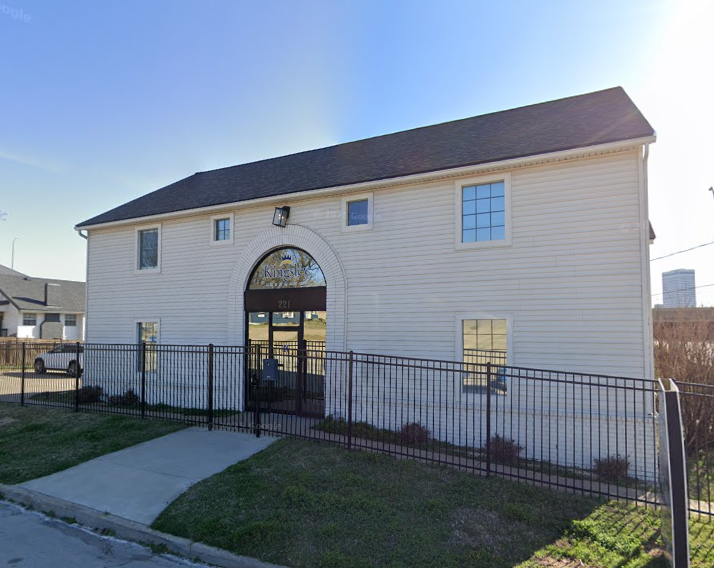
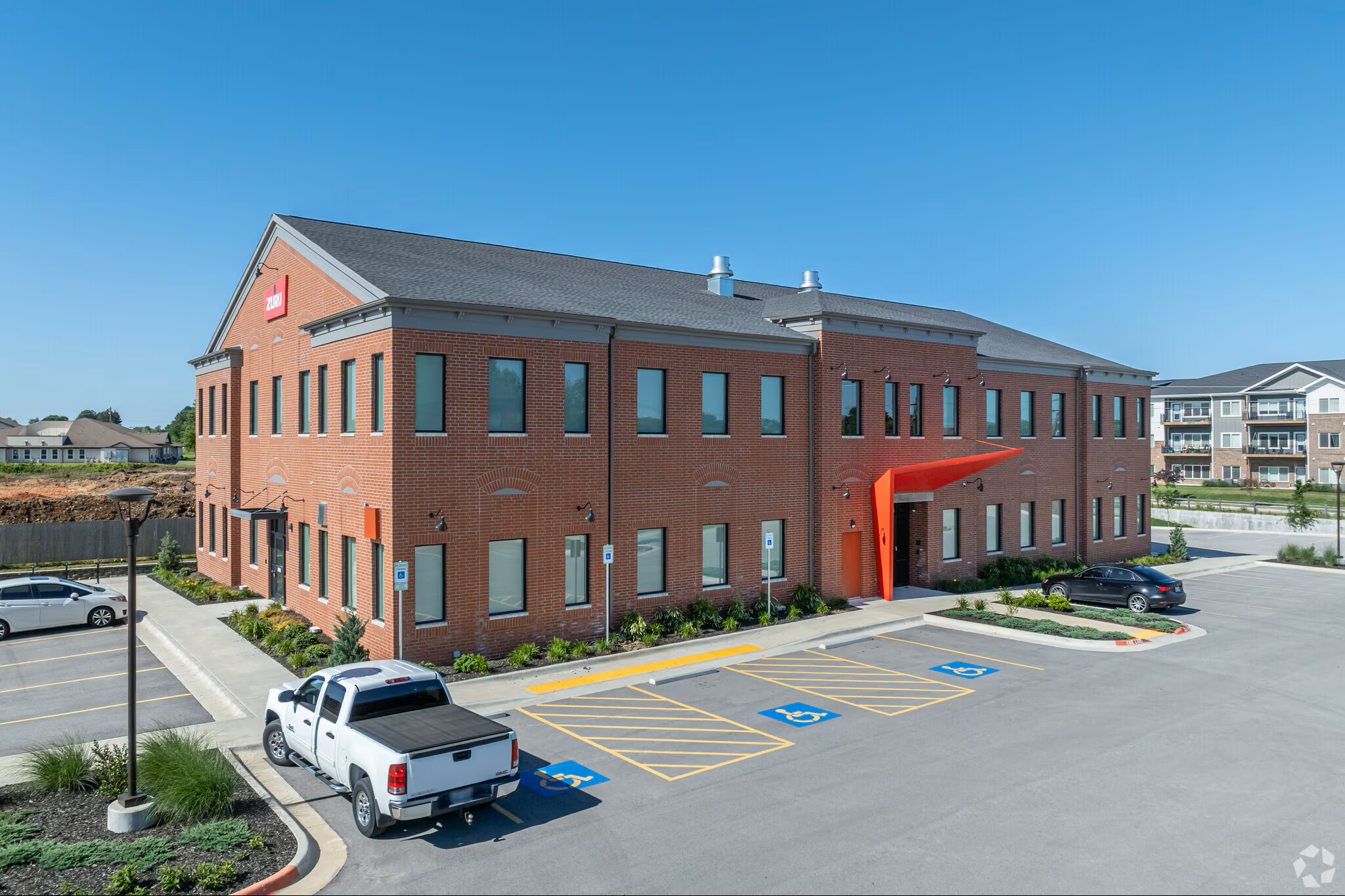
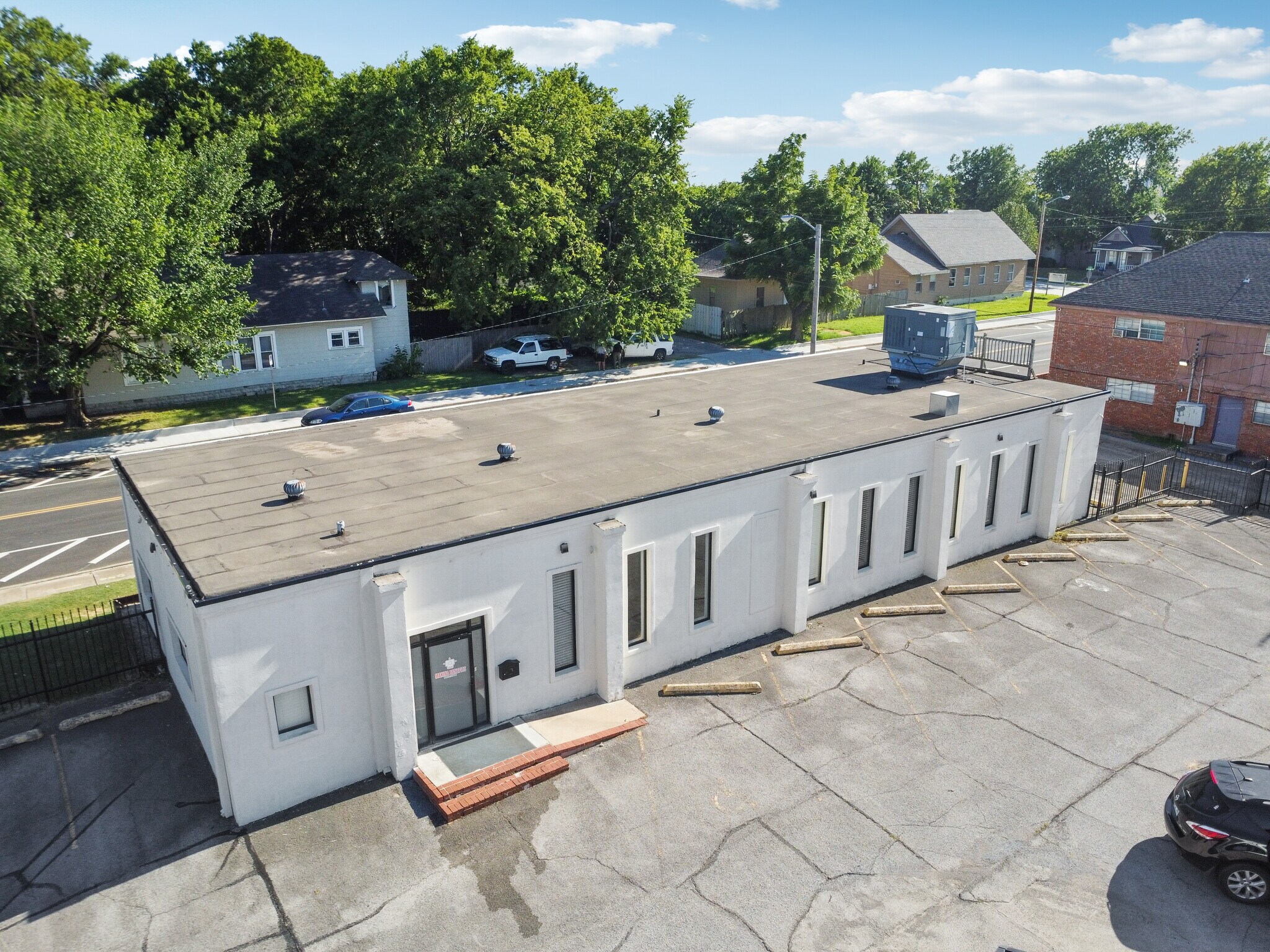

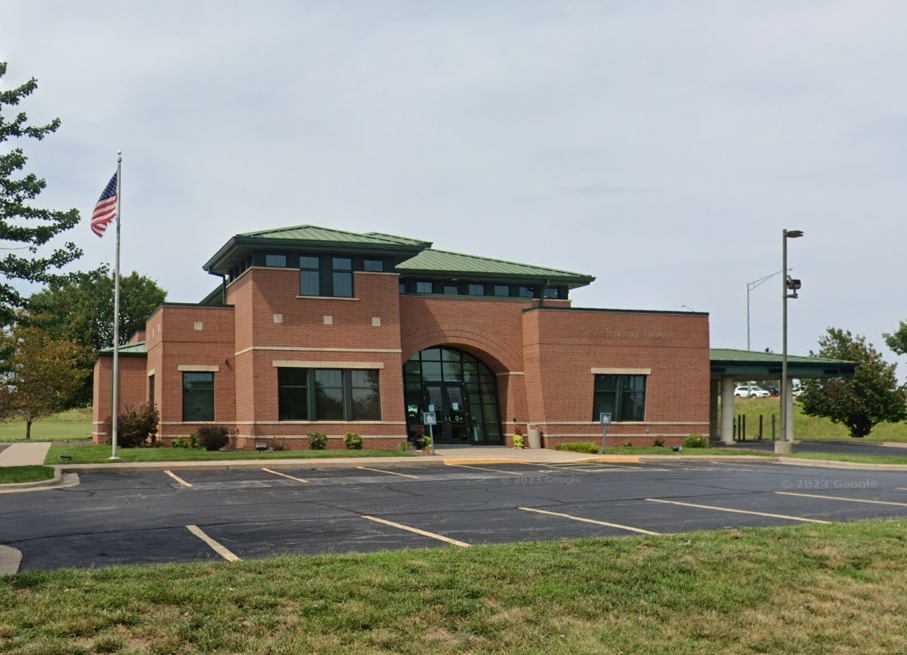
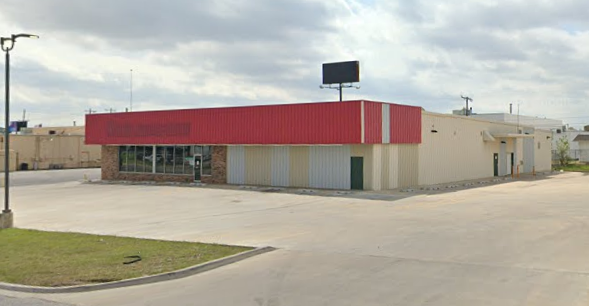


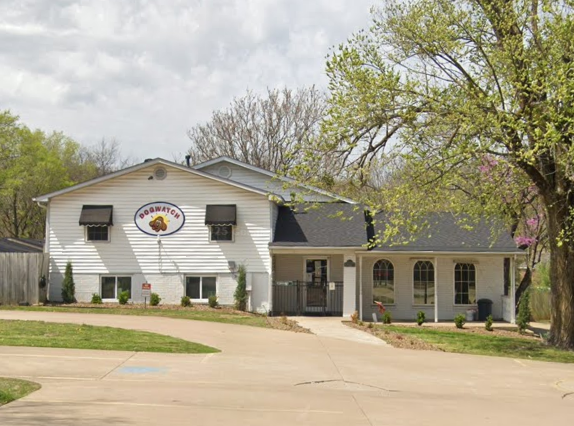




















Commercial Office Building: Tulsa, OK 8/9/2025